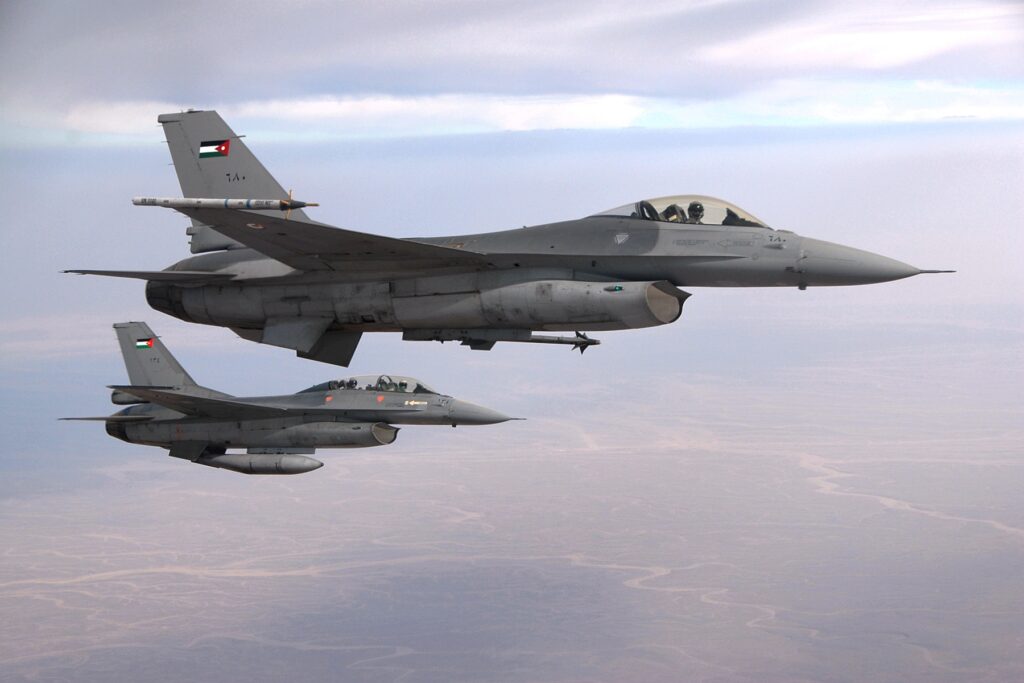The Aftermath

The Iranian strike was largely defeated by Israeli, US, and Jordanian air defenses:
Iran mounted an immense aerial attack on Israel on Saturday night, launching more than 300 drones and missiles in retaliation for a deadly Israeli airstrike in Syria two weeks ago, and marking a significant escalation in hostilities between the two regional foes.
The strikes caused only minor damage to one Israeli military base, and most of the airborne threats were intercepted, Israeli military officials said. The United States said it had helped to shoot dozens of drones and missiles.
Analysis of the situation from Dan Byman and Ken Pollack:
All of this reinforces the strategic assessment that Iran is not looking to escalate with Israel and is, in fact, working very hard to avoid escalation. Although Israel has hit Iran’s ally Hamas hard, the war in Gaza has gone very well for Tehran so far. Israel was badly wounded in Hamas’s attack on Oct. 7, 2023, plans for Israeli-Saudi normalization have been put on ice, and much of the Middle East and the wider world is blaming Israel and the United States for all of it. There is no reason for the Iranian leadership to jeopardize all that by giving Israel (or the United States) a justification to do massive damage to Iran, which could snatch defeat from the jaws of their victory.
I tend to agree with this… Iran attacked in a manner that conveyed how serious it was, while at the same time taking clear steps to limit damage to Israeli targets. This is negotiation with long-range missiles; Iran saves face and preserves its revolutionary cred, while Israel can laugh the attacks off as not worthy of responding. Of course whether it will work out that way is open to question…
Two Israeli officials said some war cabinet members had urged a retaliatory strike, but that was called off after Prime Minister Benjamin Netanyahu of Israel spoke by phone with President Biden on Saturday, and because the strikes caused relatively minor damage. The officials did not elaborate on the contents of the call between the leaders. Israel’s defense minister, Yoav Gallant, said early Sunday that the confrontation with Iran was “not over yet.”
The Biden administration is advising Israel that it does not necessarily need to fire back at Iran, U.S. officials said. They said that its successful defense proved Israel’s ability to protect itself along with its American allies.
Other links:
- The idea of war with Israel is not particularly popular in Iran.
- There is precedent for Israel effectively ignoring missile attacks against its territory.
- Hezbollah’s behavior remains one of the biggest question marks for the future of this conflict.


